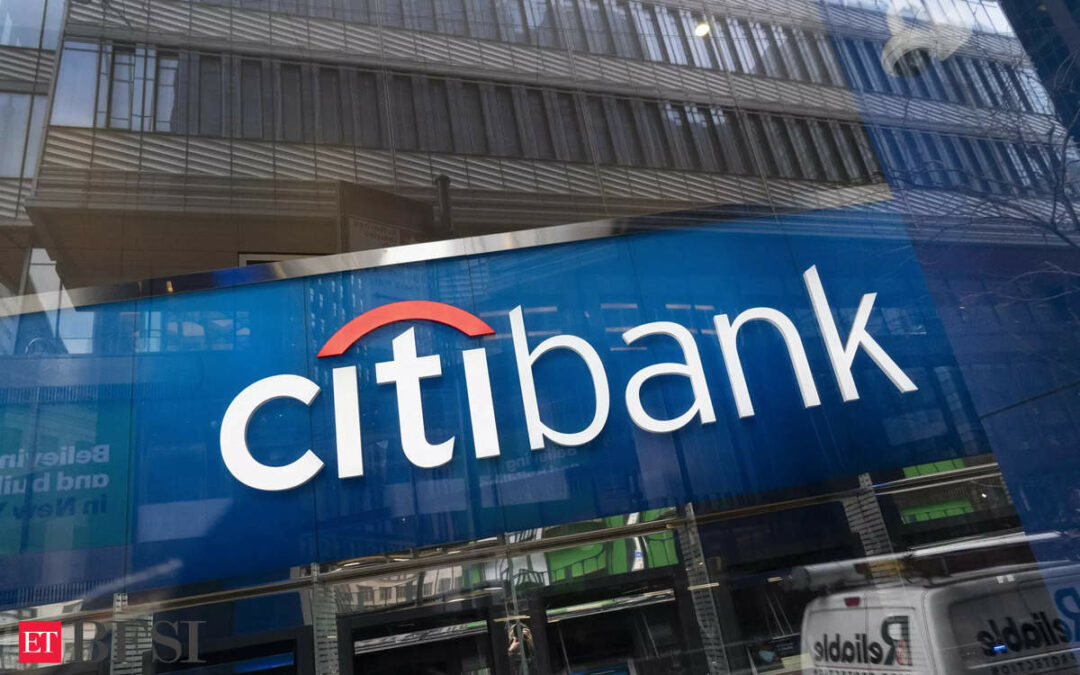Merger and acquisition activity in India should grow this year as a wide array of companies attract capital from sovereign wealth funds, the Middle East and elsewhere, Citigroup Inc.’s top executive in the country said. Investments will range from outright acquisitions to greenfield projects and partnerships, Citi’s India investment banking head Rahul Saraf said in an interview with Bloomberg News in Mumbai. There’s likely to be an increase in dealmaking in industrials, manufacturing, information technology services and insurance, as well as some consolidation among shadow banks, he said.
Deal volume has been growing as financial sponsors, pension and sovereign wealth funds from places such as the US, Canada and Singapore snap up controlling stakes in Indian infrastructure companies, real estate and green energy to ride on the country’s economic growth. The booming stock market helps, with the benchmark Sensex advancing in each of the past eight years.
“India is moving to a different orbit,” Saraf said. “We will continue to do well, irrespective of whether China is doing well or not. We’ll continue to grow and we’ll continue to attract capital.”
An aggressive second wave of buying by private equity, sovereign and pension funds that already have a presence in India is likely as they have come to understand conditions in the country much better, according to Saraf.
Among them, Singapore’s Temasek Holdings Pte plans to commit as much as $10 billion in three years and expand its headcount, betting that the country can become a top growth driver, its India head said in an interview in July. Bain Capital has also earmarked $7 billion to invest in India in the next three to five years and intends to enlarge its team, Bloomberg News reported Thursday.
“We’re seeing mid-size companies mushrooming from every corner of the country, getting sold for $500 million, $800 million — some of them I’ve not heard of in my life,” Saraf said. “The tail of companies and businesses and opportunities is so thick that there’s enough and more for everybody.”
The Middle East corridor is looking busy too, with the United Arab Emirates considering investing as much as $50 billion in India, Bloomberg reported in November. Some of the investments could involve sovereign wealth funds such as the Abu Dhabi Investment Authority, Mubadala Investment Co. and ADQ.
“Middle East funds will look to India to buy infrastructure, digital and industrial assets,” Saraf said. “There will be more funds into India than in the past.”
Citi should get a decent portion of the fee pool after bagging a 12% share from announced India deals last year, Saraf added, describing that as “great” for “one bank in a 25 bank market.”









